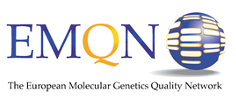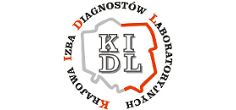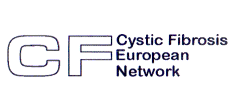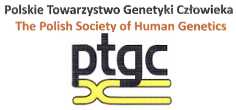Genetic testing
Congenital thrombophilia
Congenital thrombophilia
Deep vein thrombosis is caused by the slowing down of blood flow in venous vessels. It is a multifactoral disease, provoked by an interaction of genetic factors (e.g. factor V - Leiden-type mutation, prothrombin gene mutation) and environmental conditions (e.g. sedentary lifestyle, obesity, smoking, heart attack, cerebral stroke, certain blood composition disorders and age over 60).
Factor V mutation is transmitted in an autosomal dominant mode and consists in the replacement of arginine with glutamine at position 506 of the heavy chain of factor V (R506Q). The proteinous factor V of the patients afflicted with Leiden-type mutation is insensitive to the activation by protein C. In such a case, the protein factor V shows an increased activity and may cause a rise in the risk of thromboembolic lesions in the organism.
Typical symptoms of deep vein thrombosis include pain and swelling of the limbs that are sometimes accompanied by redness or bruises in the afflicted areas.
Probability of the disease's development:
The frequency of the Leiden-type mutation within the factor V gene is 2 in 100 persons in the general population (1-7% of the White population, whereas persons of both Black or Asiatic race are very rarely afflicted).
In the case of heterozygotes the risk that the disease may occur is 5-7 times higher than average (the risk increases by 30-50% in the case of persons who take oral contraceptives). Homozygotes (R506Q/R506Q) are exposed to an 80% risk.
We offer the possibility of identifying the Leiden mutation. Test results will constitute a starting point for further medical consultations and proper antithrombotic therapy.










 saliva (spitting into a tube is required for sample collection, therefore the kit is not suitable for children under the age of 5)
saliva (spitting into a tube is required for sample collection, therefore the kit is not suitable for children under the age of 5)
 venous blood collected
venous blood collected